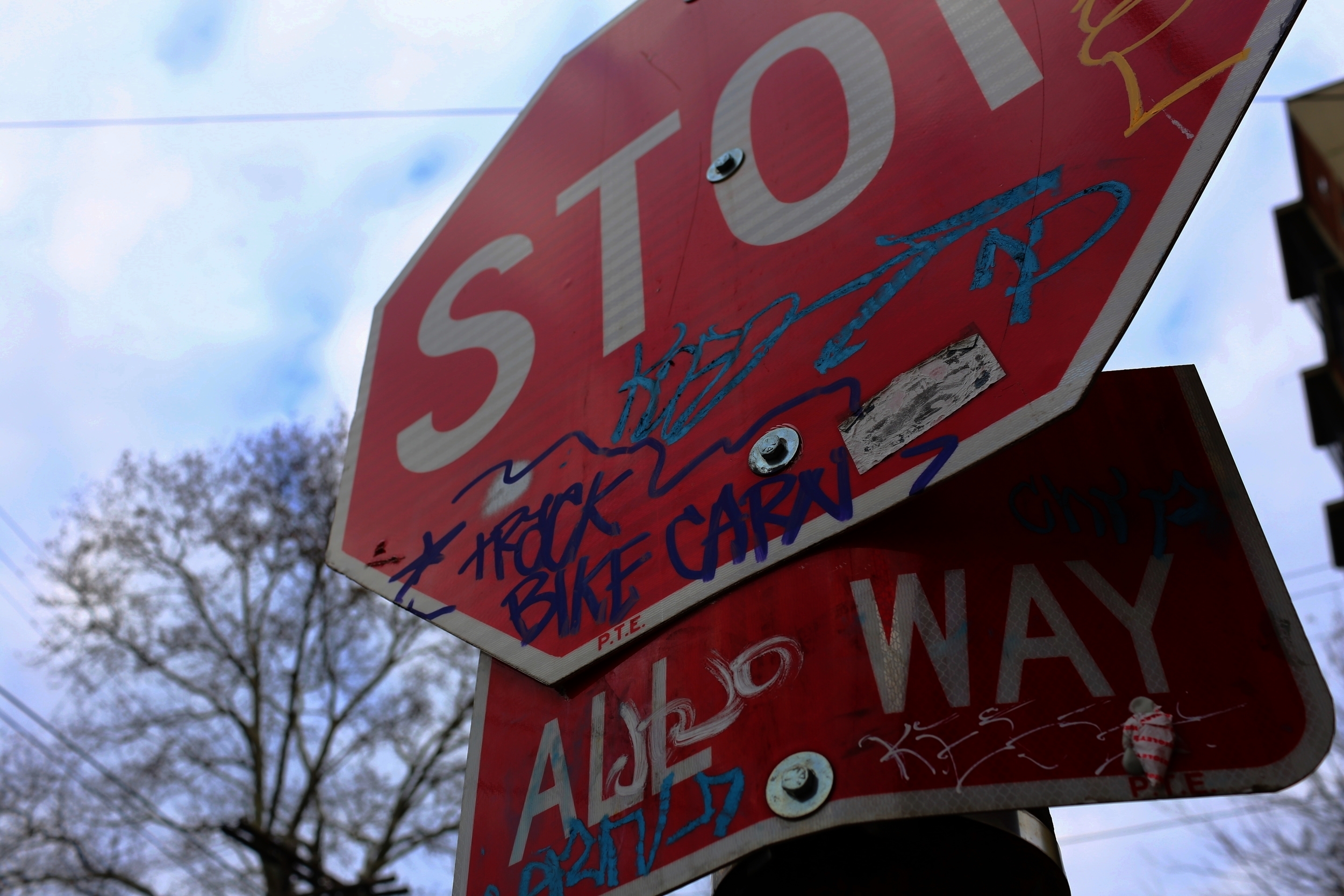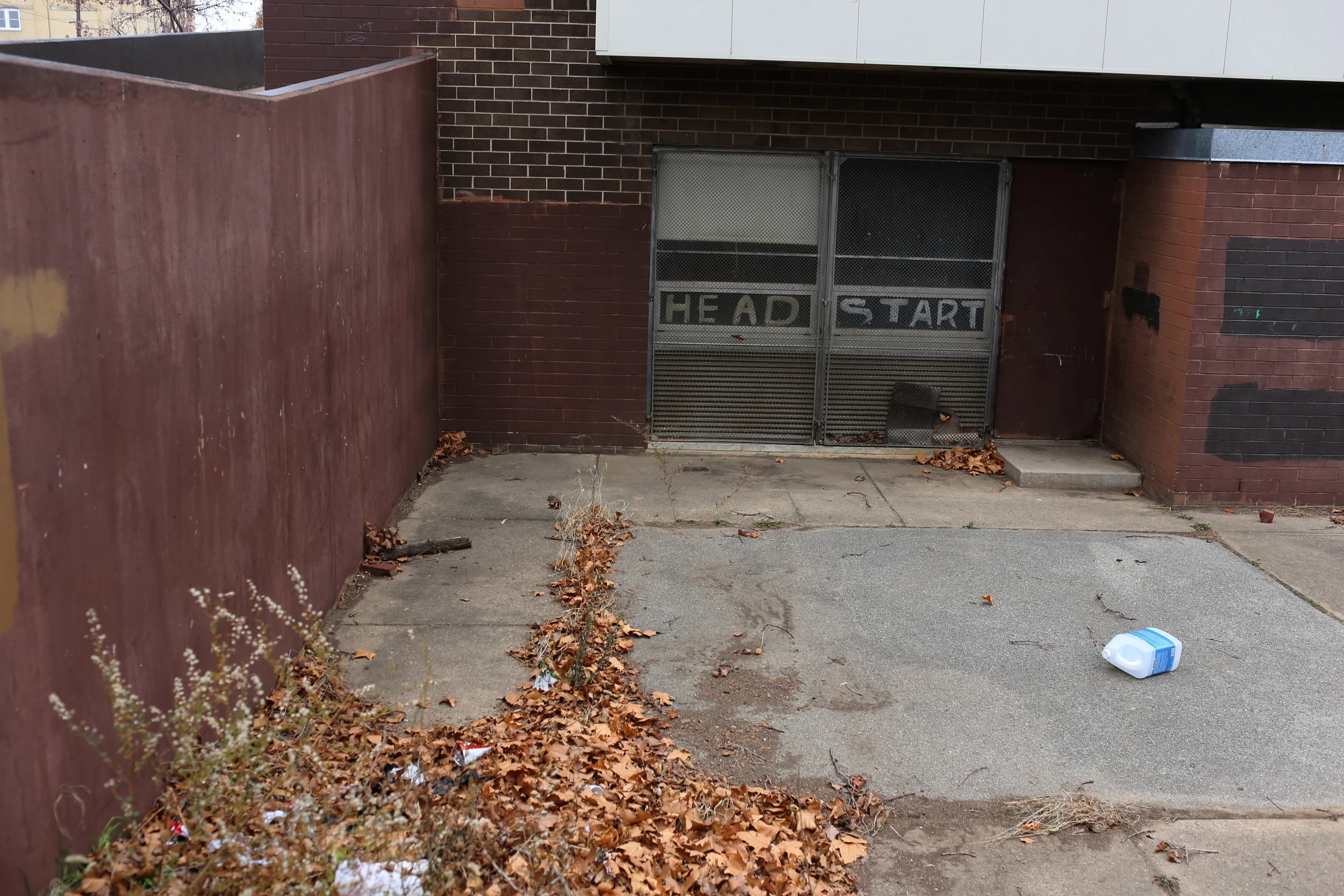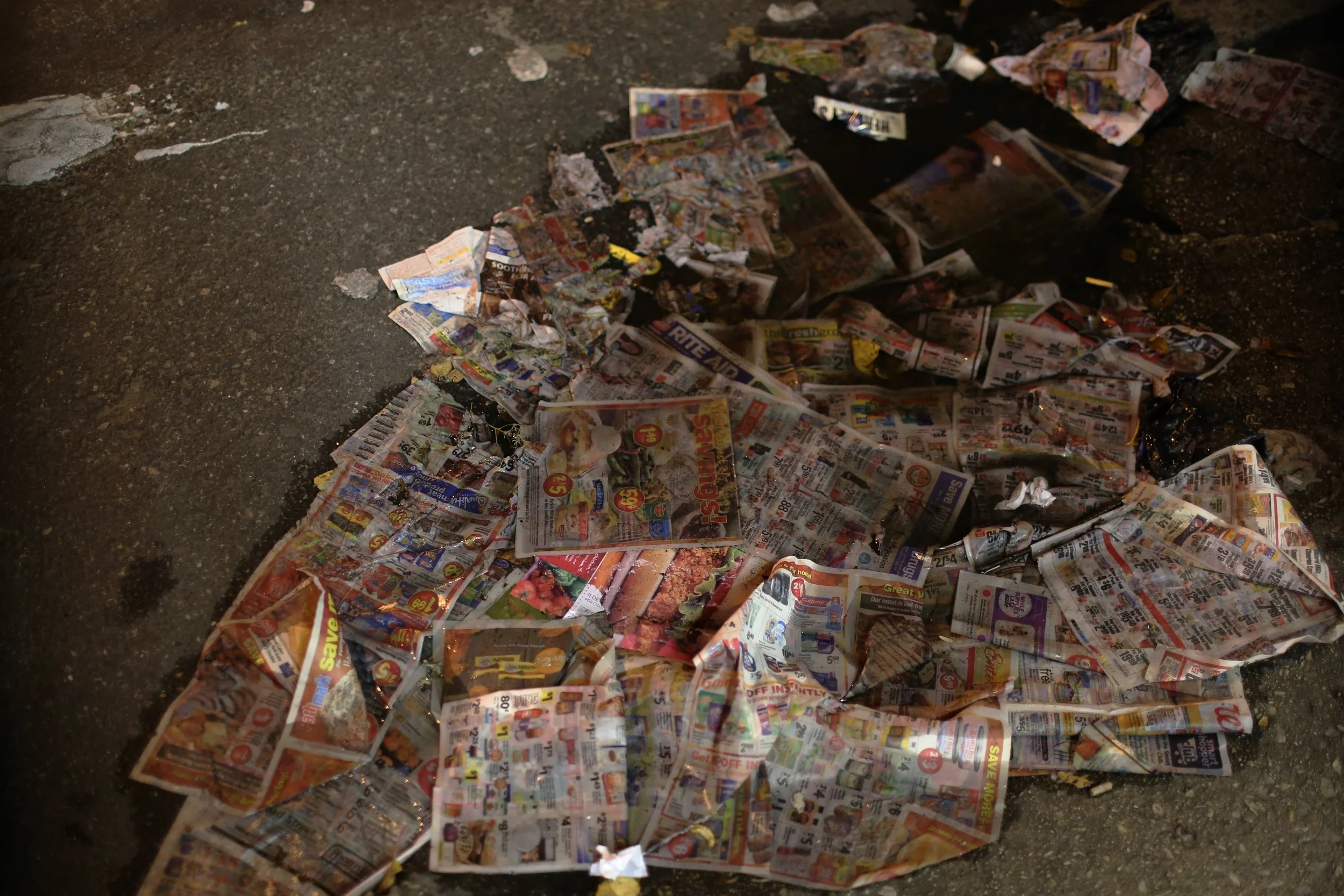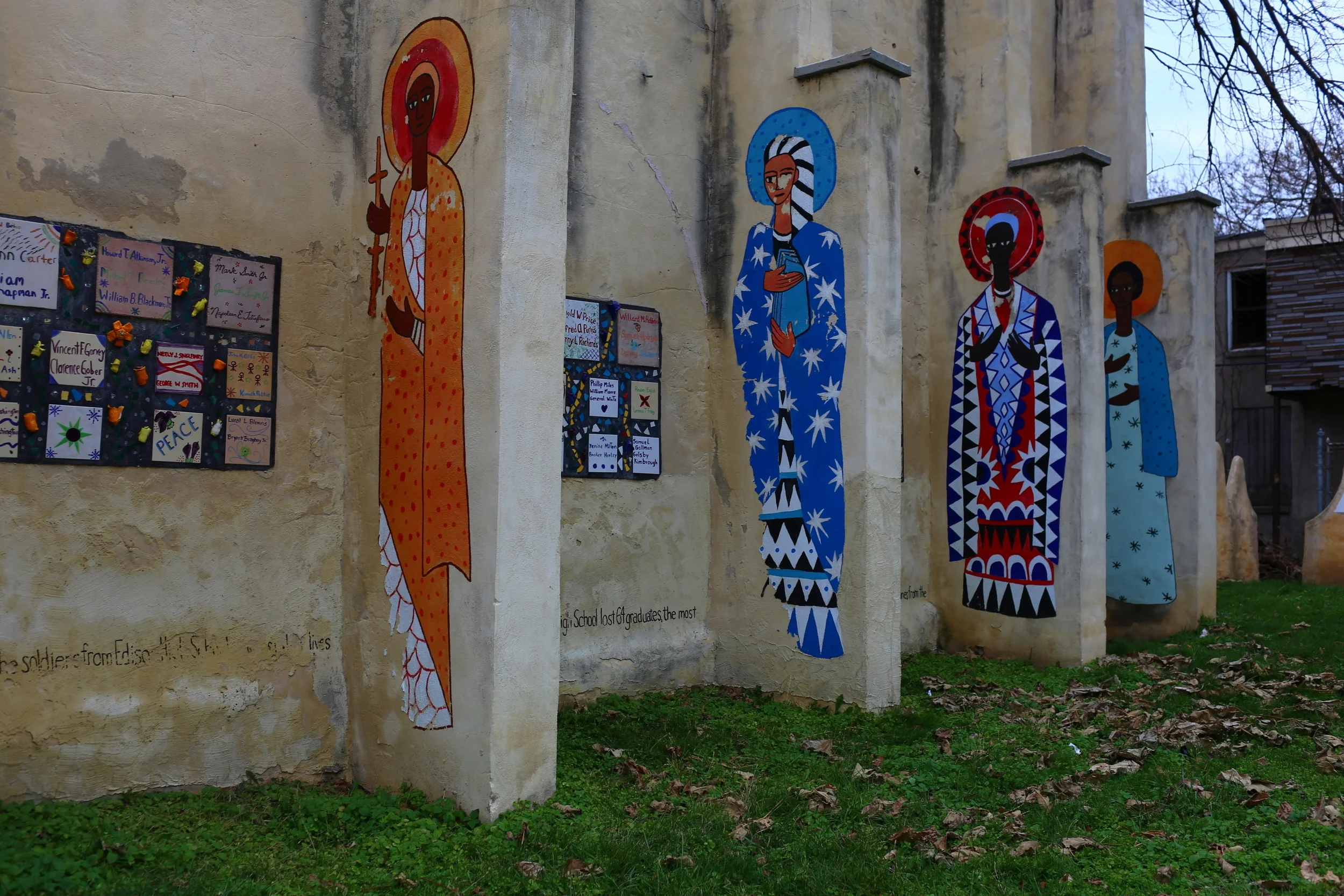







Cherie Ryan
Southwest Philadelphia
Cherie Ryan’s voice lights up as she describes her son Terrence, who was killed in a shooting in 1990. She works to inform others through sharing her own experiences of loss, including volunteering with the Philly-based organization Mothers in Charge.
On why gun violence has become such a prevalent problem in her West Philadelphia community, Cherie points to a lack of respect, role models, and education for younger generations - issues that she says have become prominent throughout her lifetime.
Terrence is with his mother in her memories, her words, and her motivation to make gun violence "everyone’s concern."
Terrence
"My 18-year-old son was murdered September 2, 1990, leaving a movie theater, him and his best friend … Five men opened fire on the car that they were in. Unfortunately, my son offered a ride to a guy who lives around our neighborhood. He didn’t know someone was looking for that person. Five men, dressed in black, opened fire on their car with TEC-9’s, killing my son and his best friend … They captured the five guys, and there were four trials, but all the people were let go because they didn’t have enough evidence to hold them.
"I keep my son alive by talking about him. By doing interviews like this. By going to rallies, by going to Harrisburg and Washington. Talking to those people who don’t have a clue about how it feels to lose a child."
Role Models
"Out of my children, [Terrence] was the one who was so mature for his age. I could talk to him. That was the kind of person he was. My son was just 18 years old, but he had the mind of a much older person. He would’ve had a great impact, because he was a people's person. And I believe he would’ve helped some of these young men out there today. I know he would have … After he died, a couple of the rough guys in my neighborhood told me … If he knew they weren’t doing the right thing, he’d say something … He had a way of talking and bringing other people into his space.
"Nobody has breathed into these kids. A lot of times, parents have children young, and they grow up with their kids, so they don’t know certain things … People just didn’t encourage them. You don’t know that you can do something sometimes, until somebody tells you, you can do it. No one gave them the aspiration to move out of Southwest Philly. Nobody told them that outside Southwest Philly, there’s a life.
"Police and pastors used to have a big impact [on youth]. Police were feared … but it wasn’t this fear of shooting. There are a lot of churches in the neighborhood, so the pastors would walk the neighborhood, and the guys would know the pastor’s name. [Now], nobody has control. The police fight the people for control … and vice versa. There’s a fear: 'He’s gonna get me, so I better get him first.'
"[Kids] don't have an identity sometimes. They don't know who they are. Because they don't have anybody … to see play basketball with the guys, see them sweeping up the streets. That's when they say, 'I'm gonna do what I wanna do. Nobody's gonna tell me what to do. I don't see anyone else doing it. I don't see another man who looks like me doing it."
Education and Community
"You can try to stop [that cycle] with education … Tell these kids that guns are dangerous, guns hurt, guns kill other people. Pull the trigger and kill. If they start out earlier … that’ll be in the kids’ minds.
"I was very passionate about education. Education in my house has always been first and foremost, for all my children. I have two other children, who [both] graduated from college, one with a masters. One is a principal, and one’s a social worker. That was my house. You had to go to school.
"[Terrence] loved life, and he loved school. He was a first year student at Cheyney University, studying to be a criminal lawyer… I’ll never see him graduate … I’ll never see him be in the profession he wanted, working in the field he loved so much … I believe he was the first one in the neighborhood out of his age group [to go to college] … Since then, a couple of kids in the neighborhood have gone. And they’ve come and told me they’re going to help fulfill the dream that Terrence wasn’t allowed to finish.
"Communities can support [kids] by, first of all, giving them a little respect … Let them know that you care about them, because people know if you don't care about them … There should be playgrounds open … and community [events] going on, so the kids will … know they have a little protection around them."
Everyone’s Concern
"We’ve got to get something on the books that will help save these babies’ lives, because they’re our future. If we kill them, we’re not going to have anybody. Where’s our doctors and our lawyers? Our police and firefighters? They’re dead. Because we have not put into place a safe mechanism for our children.
"One death affects everybody. It’s everyone’s concern."
- - - - - - - - - - - - - - - - - - - - - - - - - - - - - - - - - - - - - - - -
Interview and portraits by Tia Yang | April 2015